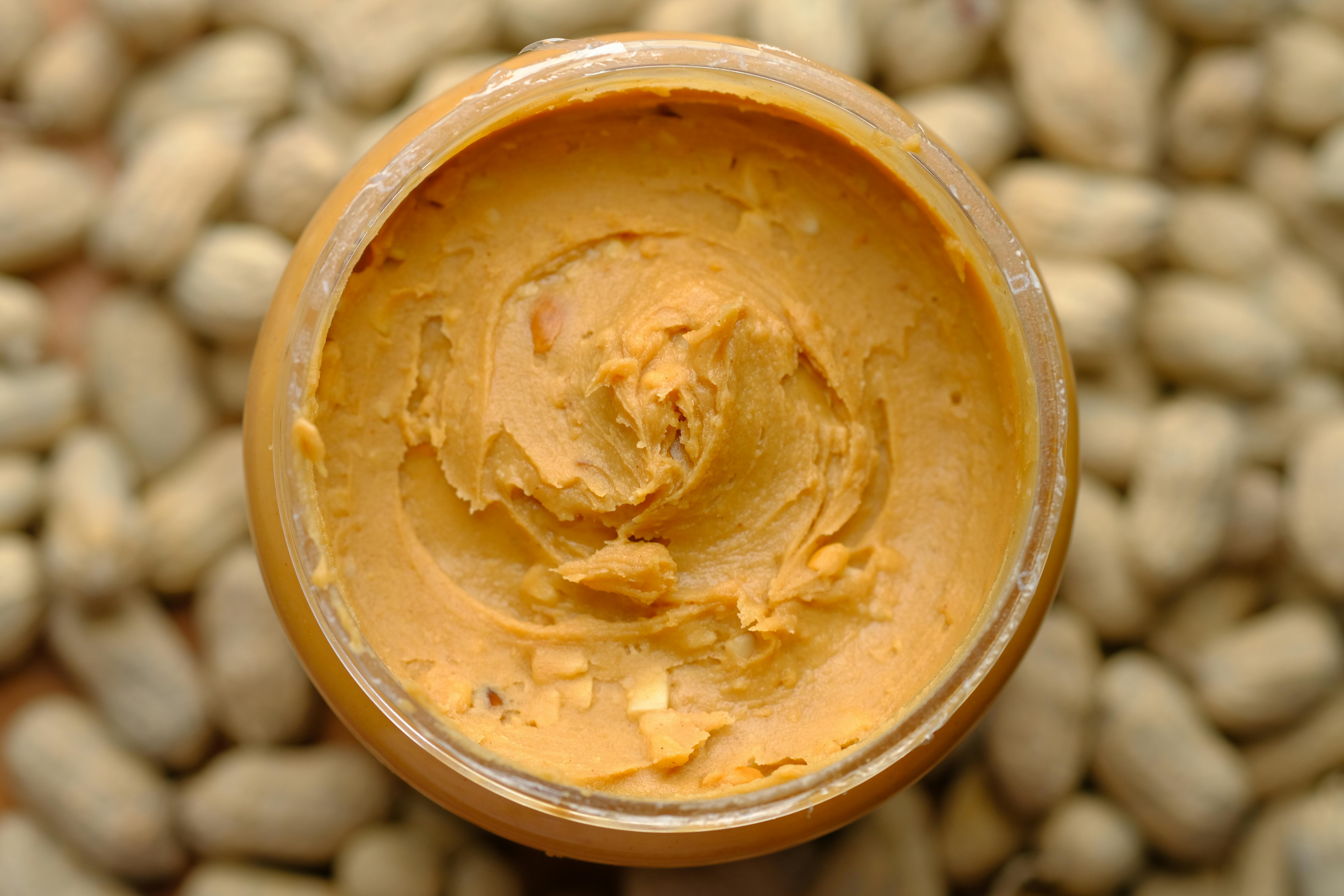
Effective Ways to Overcome Keto Insomnia in 2025
The ketogenic diet has gained immense popularity for its potential health benefits, particularly in weight loss and metabolic health. However, many individuals transitioning to this low-carb lifestyle report experiencing sleep issues, commonly referred to as keto insomnia. This article delves into the relationship between ketogenic diets and sleep, highlighting effective strategies to overcome sleep difficulties associated with this eating pattern.
Understanding the impacts of the ketogenic diet on sleep is crucial for anyone looking to successfully maintain their low-carb regimen while ensuring restful nights. Keto insomnia can stem from various factors, including dietary changes, lifestyle adjustments, and stress management. By addressing these issues, individuals can improve their sleep quality and overall well-being.
In the following sections, we will explore the nature of keto insomnia, practical solutions for enhancing sleep, and lifestyle adjustments that can lead to better rest. From dietary considerations to sleep hygiene on keto, you'll discover actionable tips to manage insomnia effectively while reaping the benefits of a ketogenic lifestyle.
This journey towards overcoming keto insomnia not only promises improved sleep quality but also reinforces the overall health benefits of maintaining a low-carb diet. Let’s dive into the effective methods for managing sleep challenges while on keto.
Understanding Keto Insomnia and Its Causes
Building on the basics, let’s explore what keto insomnia entails. Keto insomnia refers to the sleep disturbances that some individuals experience when they adopt a ketogenic diet. This phenomenon can manifest as difficulty falling asleep, staying asleep, or achieving restorative sleep. Understanding the underlying reasons for these sleep issues is the first step in overcoming them.
The Role of Dietary Changes in Sleep
The transition to a ketogenic diet involves significant changes in macronutrient intake, primarily a drastic reduction in carbohydrates. This shift can disrupt your usual sleep patterns and may lead to insomnia. With fewer sugars and carbs, your body undergoes metabolic adjustments, which can temporarily impact sleep quality.
Furthermore, certain foods that are staples on a ketogenic diet, such as high-fat meals, can affect sleep due to digestion-related discomfort. Understanding how dietary choices impact sleep is crucial in making informed decisions for enhancing rest while maintaining a ketogenic lifestyle.
Stress and Sleep Disruption
Another significant contributor to keto insomnia is stress. Adapting to a new way of eating and sticking to strict macronutrient targets can create worry and anxiety, both of which are well-known sleep disruptors. Stress management techniques, such as relaxation exercises and mindfulness, can significantly impact sleep quality.
Additionally, consider how personal stressors may coincide with dietary changes. The stress hormones released during anxious periods can influence sleep-related hormones like melatonin, further complicating sleep difficulties on keto. Managing stress is, therefore, a key element in addressing insomnia.
Hydration and Its Effects on Sleep
On a ketogenic diet, maintaining proper hydration can be challenging due to the diuretic effects of ketosis. Dehydration can lead to restless nights, so ensuring adequate fluid intake is essential. This doesn't just mean drinking water, but also considering electrolytes that may become depleted during the initial phases of keto.
Incorporating electrolyte-rich beverages or supplements can help maintain hydration without compromising your diet plan. Proper hydration plays a significant role in regulating sleep patterns, mood, and overall health, making it a vital component of overcoming keto insomnia.
Strategies for Improving Sleep on a Ketogenic Diet
With these insights into the causes of keto insomnia, we can explore effective strategies to enhance your sleep experience. Exploring sleep-friendly dietary options, adopting a proper sleep environment, and establishing evening routines will provide a holistic approach to managing sleep disruptions while on keto.
Choosing Sleep-Friendly Keto Foods
Opting for certain foods can drastically improve your sleep quality. Incorporating healthy fats that support serotonin production, such as avocados and nuts, can foster feelings of calmness. Foods rich in magnesium, like leafy greens and seeds, can also play a role in muscular relaxation and better sleep.
Additionally, avoiding caffeine in the evening and sugary snacks before bed is crucial in preventing sleep disruptions. This dietary mindfulness can ensure that your choices align with your sleep health goals while adhering to a ketogenic regimen.
Creating a Proper Sleep Environment
Your sleep environment significantly impacts sleep quality. A dark, cool, and quiet bedroom can promote more restful sleep. This might involve investing in quality blackout curtains, a white noise machine, or a fan to facilitate an optimal atmosphere for sleep.
Moreover, the use of technology should be minimized before bed. Blue light exposure from screens can interfere with melatonin production, further complicating sleep problems. Adopting a technology-free wind-down period can enhance your sleep readiness.
Establishing an Evening Routine
Implementing a relaxing evening routine can signal to your body that it’s time to wind down. Activities such as reading, gentle stretching, or meditative practices can help ease the transition into sleep. Fostering a consistent routine helps regulate your circadian rhythm, making it easier to fall asleep and stay asleep.
Bedtime practices, including herbal teas or supplements such as melatonin, can be effective in combating keto-related sleep challenges. Finding your ideal routine is personal but rewarding, ensuring that you experience restful nights.
Utilizing Sleep Supplements while on Keto
Integrating sleep supplements is another effective method for addressing insomnia on a ketogenic diet. However, knowing how these supplements affect your diet is key to maximizing their benefits and ensuring they align with your keto lifestyle.
Popular Sleep Supplements for Keto
Options like melatonin, magnesium, and L-theanine are widely recognized for their calming effects and ability to improve sleep quality. Including magnesium-rich foods or taking a quality magnesium supplement might help alleviate sleep issues related to the ketogenic diet.
Melatonin can be particularly beneficial if your sleep cycle has been disrupted. As it is a natural hormone, supplementing with it can help promote fall asleep faster and improve overall sleep duration. Always consult with a healthcare provider before starting any new supplement to ensure its safety with your dietary regimen.
Coping with Insomnia through Mindfulness
Mindfulness and meditation practices can significantly enhance your ability to cope with insomnia while on a ketogenic diet. By fostering mental clarity and emotional relaxation, these techniques can help regulate the stress responses that contribute to sleep disruptions.
Incorporating mindfulness practices such as deep breathing exercises, progressive muscle relaxation, or guided imagery can help manage nightly anxiety and improve sleep hygiene on keto. Each of these strategies serves not only to alleviate current sleep challenges but also to enhance your overall quality of life.
Conclusion: Overcoming Keto Insomnia for Healthy Living
In summary, overcoming keto insomnia involves combining dietary modifications with mindfulness practices and environment management. By choosing the right foods, creating a conducive sleeping environment, and integrating relaxation techniques, you can significantly improve your sleep quality while maintaining a ketogenic lifestyle.
Understanding the holistic relationship between the ketogenic diet and sleep will empower you not only to address insomnia effectively but also to enhance your overall health journey. With perseverance and the right strategies in place, restful nights are achievable even within the context of a low-carb diet.

